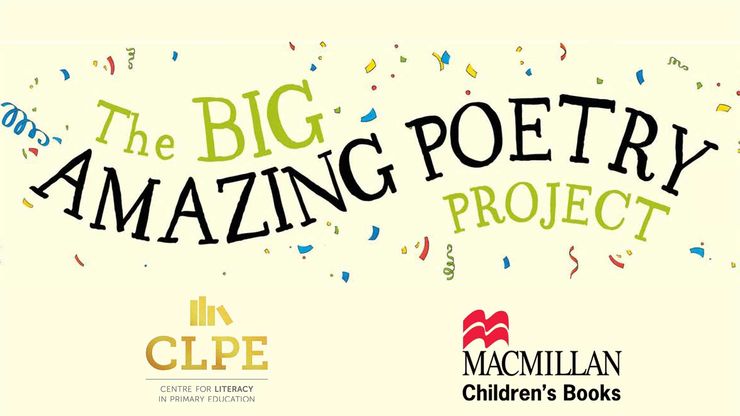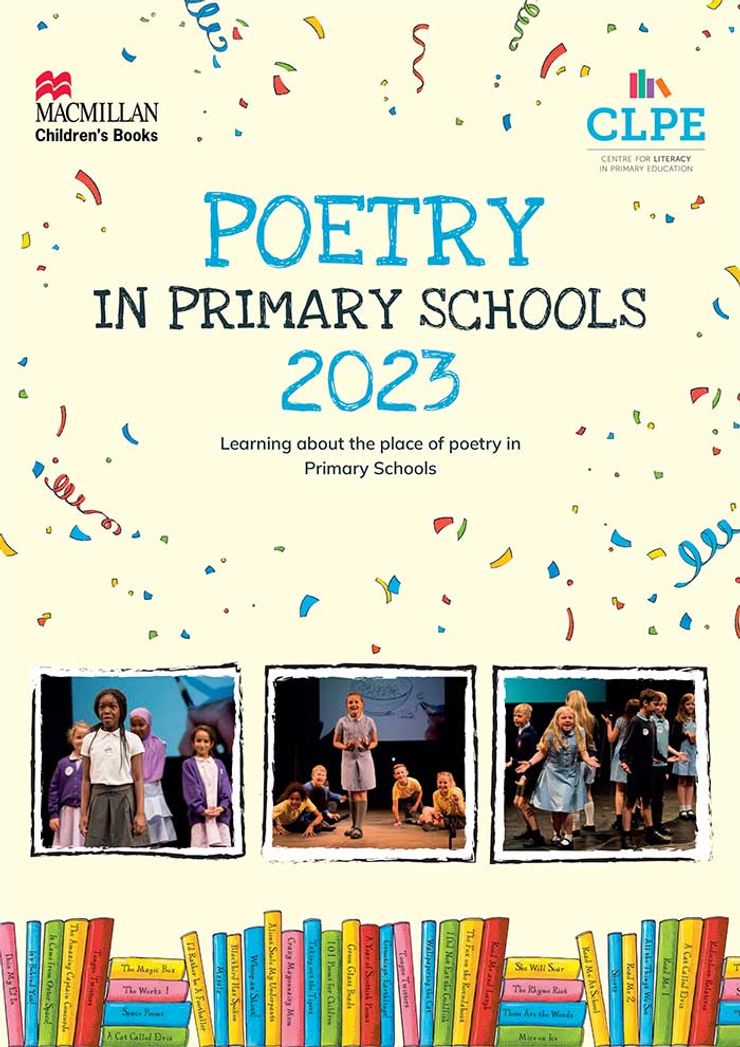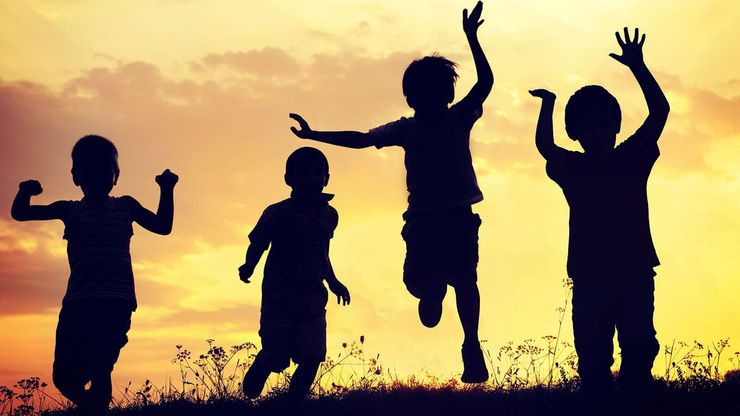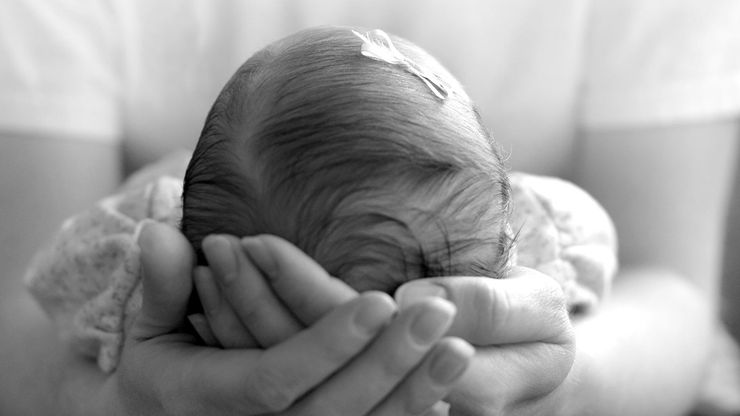Introducing The Big Amazing Poetry Project
The Centre for Literacy in Primary Education (CLPE) and Macmillan Children’s Books (MCB) have launched The Big Amazing Poetry Project to help embed poetry into classrooms and in children’s choices when reading for pleasure.

The Big Amazing Poetry Project marks thirty years of MCB’s award-winning poetry list for children and CLPE’s work as the National Poetry Centre for Primary Schools, and has been set up to address findings from January 2023 research carried out with primary school teachers on their experiences of teaching poetry. This is the first major research solely focused on poetry in primary schools published since Ofsted's Poetry in Schools in 2007.
What will the project do?
The Big Amazing Poetry Project will deliver professional training to thirty primary school teachers from schools in the UK during the summer school term in 2023. The training will be held at CLPE’s Literacy Library in London and poets Valerie Bloom and Matt Goodfellow will also take a lead in the course. The training is sponsored by MCB and each school will receive a free poetry library made up of titles from the MCB list to help them to create a physical and joyful space for poetry for their pupils. Beyond these thirty schools, all CLPE schools will have access to free poetry resources based on MCB published poems and poets. You can find out more at www.clpe.org.uk/poetry
The project culminates in July with the CLiPPA (the Centre for Literacy in Primary Poetry Award), the only award for published children’s poetry in the UK, which celebrates its twentieth year in 2023. The Chair of Judges for this year’s CLiPPA is Chris Riddell whose illustrations from MCB’s 30th anniversary anthology, The Big Amazing Poetry Book, feature across The Big Amazing Poetry Project.
The Schools Shadowing Scheme that runs alongside the award welcomes schools across the UK, with this year's programme including an exclusive online shortlist event, to bring poets into the shadowing schools classrooms. They also have access to free teaching resources for the shortlisted books.
What did the research show?
The poetry focused research was carried out with primary school teachers predominantly based in the UK in January 2023 to find out more about their experience of teaching poetry, including their attitudes to it, how much they know about poets and anthologies and how it is incorporated into a teaching day.
The results revealed that whilst the large majority of teachers felt poetry was a significant part of the literacy curriculum and that children enjoyed engaging with it, 61% of teachers had never had development training on poetry, and 79% of classroom book corners have fewer than ten poetry books in their book selection.
Poetry provides the gateway for so many young readers and writers in their journey towards becoming literate and is a crucial genre for bridging the most prominent gaps for pupils and helps to level up literacy education. It supports understanding language and vocabulary, reading fluency, inference and deduction, and the ability to respond to and decode texts. Poetry is a transformative and vital branch of literature and its short form also offers access to those pupils who find reading for pleasure something that doesn’t come easily to them.
There is great enthusiasm for including poetry in the classroom; teachers indicate that both they and their pupils enjoy the experience of reading and hearing poetry read, and many also enjoy performing it themselves. But, there is also little or no training available for teachers to develop a best practice for teaching poetry and there is low awareness of poets and new poetry publications that are likely to appeal to children today. Most teachers plan their own units of poetry with most support coming from outside their school, but the survey tells us that poetry is read aloud less than once a week in 93% of schools. The Big Amazing Poetry Project has been set up to directly address these findings.

Poetry in Primary Schools 2023


